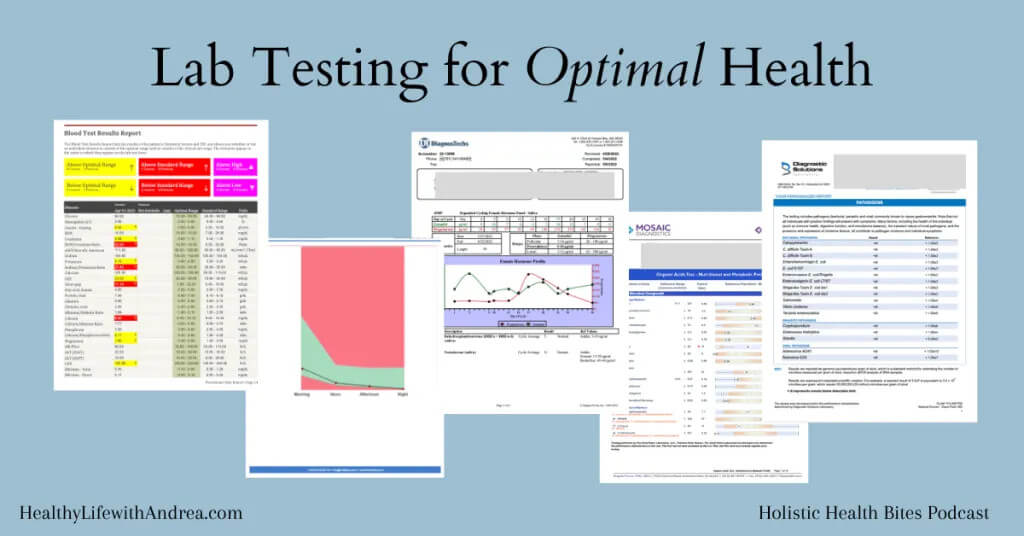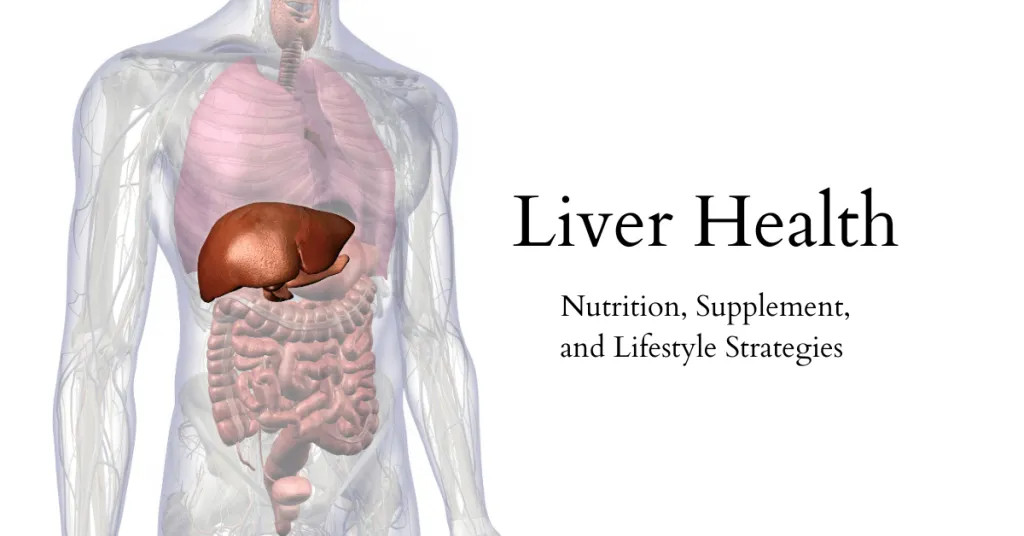 Functional Nutritionist Andrea Nicholson provides strategies for overcoming sugar cravings and balancing blood sugar levels. Sugar cravings can be triggered by hormonal imbalances, low blood sugar, gut microbial imbalances, chronic stress, and poor sleep quality. To combat cravings, it's important to build meals with adequate protein and healthy fats, stay hydrated, and choose whole, unprocessed foods. Balancing blood sugar levels can be achieved through regular exercise, getting enough sleep, and practicing healthy eating habits. The post emphasizes that overcoming sugar cravings and balancing blood sugar is a journey, but with consistency, individuals can reduce cravings and support their overall metabolic health.
Functional Nutritionist Andrea Nicholson provides strategies for overcoming sugar cravings and balancing blood sugar levels. Sugar cravings can be triggered by hormonal imbalances, low blood sugar, gut microbial imbalances, chronic stress, and poor sleep quality. To combat cravings, it's important to build meals with adequate protein and healthy fats, stay hydrated, and choose whole, unprocessed foods. Balancing blood sugar levels can be achieved through regular exercise, getting enough sleep, and practicing healthy eating habits. The post emphasizes that overcoming sugar cravings and balancing blood sugar is a journey, but with consistency, individuals can reduce cravings and support their overall metabolic health. Functional Nutritionist Andrea Nicholson explores the power of functional lab testing and how it differs from conventional lab testing. While conventional lab tests are used to diagnose and treat specific diseases, functional lab testing takes a broader perspective, assessing how well the body is functioning on a day-to-day basis and catching potential issues before they become more serious. Unlike conventional tests, functional lab testing focuses on optimal ranges rather than reference ranges, aiming for optimal health and wellness. Nicholson discusses various types of functional lab tests, including comprehensive blood chemistry panels, stool tests, urinary organic acids tests, and hormone testing. She also explains why these tests are often not covered by insurance and emphasizes the importance of working with a functional health practitioner for a comprehensive understanding of the results. Informed decisions about health can be made when individuals have a better understanding of their bodies through functional lab testing.
Functional Nutritionist Andrea Nicholson explores the power of functional lab testing and how it differs from conventional lab testing. While conventional lab tests are used to diagnose and treat specific diseases, functional lab testing takes a broader perspective, assessing how well the body is functioning on a day-to-day basis and catching potential issues before they become more serious. Unlike conventional tests, functional lab testing focuses on optimal ranges rather than reference ranges, aiming for optimal health and wellness. Nicholson discusses various types of functional lab tests, including comprehensive blood chemistry panels, stool tests, urinary organic acids tests, and hormone testing. She also explains why these tests are often not covered by insurance and emphasizes the importance of working with a functional health practitioner for a comprehensive understanding of the results. Informed decisions about health can be made when individuals have a better understanding of their bodies through functional lab testing. Functional Nutritionist Andrea Nicholson explains the importance of customizing your eating plan for optimal metabolic health and weight maintenance. She highlights the need to identify your personal carbohydrate threshold, determine meal frequency and timing, and consider other factors that play a role in personalizing nutrition. Nicholson suggests using tools like continuous glucose monitors to monitor how your body responds to different types and amounts of carbohydrates. She also discusses the benefits of adhering to natural energy fluctuations and digestive capacity when it comes to meal timing, as well as finding the right balance of macronutrients for your specific needs. Nicholson recommends working with a professional nutritionist to create a personalized eating plan and suggests tracking your foods, schedule, and symptoms temporarily to fine-tune your approach. The article concludes by emphasizing the importance of adapting your eating plan as your needs and goals evolve.
Functional Nutritionist Andrea Nicholson explains the importance of customizing your eating plan for optimal metabolic health and weight maintenance. She highlights the need to identify your personal carbohydrate threshold, determine meal frequency and timing, and consider other factors that play a role in personalizing nutrition. Nicholson suggests using tools like continuous glucose monitors to monitor how your body responds to different types and amounts of carbohydrates. She also discusses the benefits of adhering to natural energy fluctuations and digestive capacity when it comes to meal timing, as well as finding the right balance of macronutrients for your specific needs. Nicholson recommends working with a professional nutritionist to create a personalized eating plan and suggests tracking your foods, schedule, and symptoms temporarily to fine-tune your approach. The article concludes by emphasizing the importance of adapting your eating plan as your needs and goals evolve.
Functional Nutritionist Andrea Nicholson provides strategies for supporting liver health and detoxification. The liver is responsible for metabolism, digestion, nutrient synthesis, and storage, but our modern lifestyles and exposure to toxins can affect its function. Nicholson discusses nutrition tips such as eliminating processed foods and emphasizing a balanced diet of real whole foods. She also recommends herbal supplements like milk thistle and turmeric, as well as exercise to aid in detoxification. Sleep, stress management, and toxin identification and removal are also important for liver health. Taking care of the liver can have positive effects on blood sugar handling, skin issues, energy metabolism, and cholesterol levels. Nicholson advises consulting with a healthcare practitioner before making any changes and offers a free consultation to discuss individual situations.
Read more...
Functional Nutritionist Andrea Nicholson explores the important role of probiotics in promoting gut health and supporting immune function. Probiotics are live microorganisms that offer numerous health benefits, often referred to as "good bacteria." They come in various strains, each with unique benefits such as improving digestion and enhancing nutrient absorption.
Our gut and immune system have a close relationship, with around 70% of our immune system residing in the gut. Probiotics, like lactobacillus and bifidobacterium, play a vital role in regulating and strengthening our immune response by stimulating antibody production. By maintaining a healthy balance of beneficial bacteria and keeping opportunistic bacteria in check, we can support a robust immune system that effectively defends against pathogens.
When choosing probiotics, it's important to look for strains that have been studied for their immune-supporting properties, such as Lactobacillus rhamnosus, Bifidobacterium bifidum, or Saccharomyces boulardii. These strains can be found in probiotic supplements or naturally in fermented foods. Incorporating probiotics into a healthy lifestyle, along with proper diet, exercise, stress management, and hydration, can help maintain optimal gut health and strengthen the body's defenses.
However, it's essential to consult a healthcare provider before starting probiotics, especially for individuals with compromised immune systems or certain medical conditions. Additionally, quality assurance is crucial when it comes to choosing probiotic products, as many may not contain what they claim. Finding independently tested and trusted products is recommended to ensure their efficacy.
Read more...















